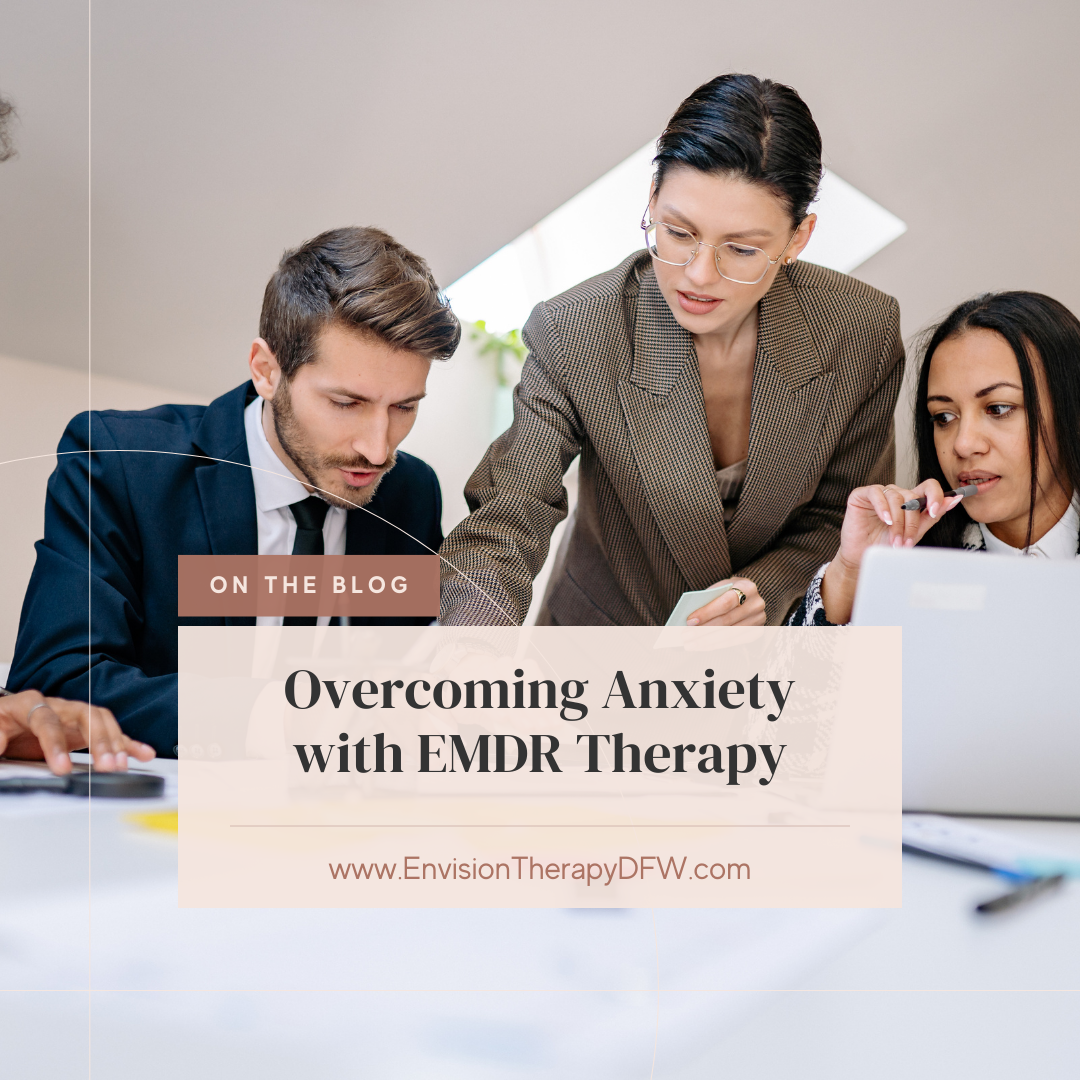-

Strengthening Relationships with EMDR Therapy
•
Eye Movement Desensitization and Reprocessing (EMDR) therapy is not just for trauma recovery; it also plays a crucial role in relationship building. By addressing past traumas and emotional wounds, EMDR helps individuals, couples, and families strengthen their bonds and communicate more effectively. This therapy promotes empathy, trust, and emotional resilience, which are essential components…
-

The Versatile Benefits of EMDR for Anxiety, Depression, and More
•
While Eye Movement Desensitization and Reprocessing (EMDR) is commonly associated with trauma recovery, its benefits extend far beyond. This versatile therapy can effectively address a range of psychological issues, including anxiety, depression, phobias, low self-esteem, performance anxiety, chronic pain, grief, substance abuse, and eating disorders. By facilitating the brain’s natural healing process, EMDR helps…
-

EMDR in the Workplace: Enhancing Professional Performance
•
In today’s high-pressure work environment, stress and workplace-related trauma can significantly impact professional performance and overall well-being. EMDR (Eye Movement Desensitization and Reprocessing) therapy offers a powerful solution for managing these challenges. By addressing the root causes of stress and negative self-beliefs, EMDR helps professionals unlock their full potential, fostering a healthier, more productive…

